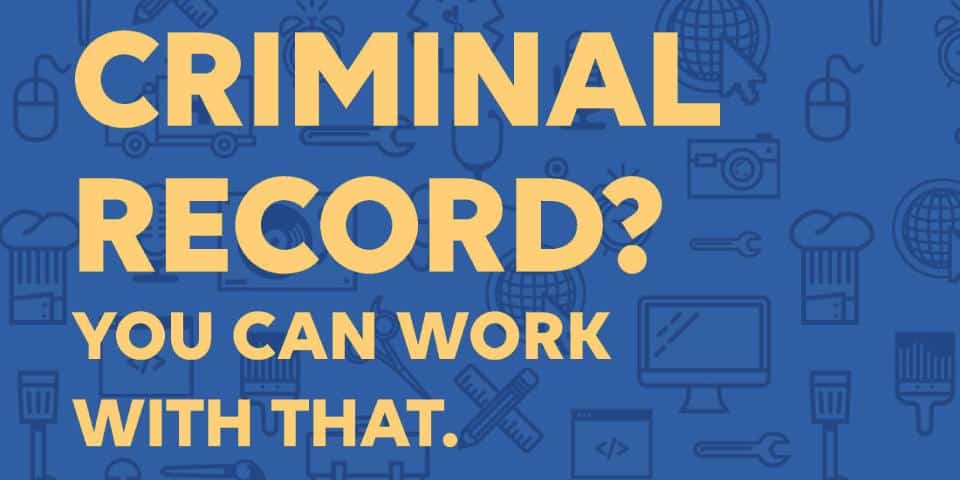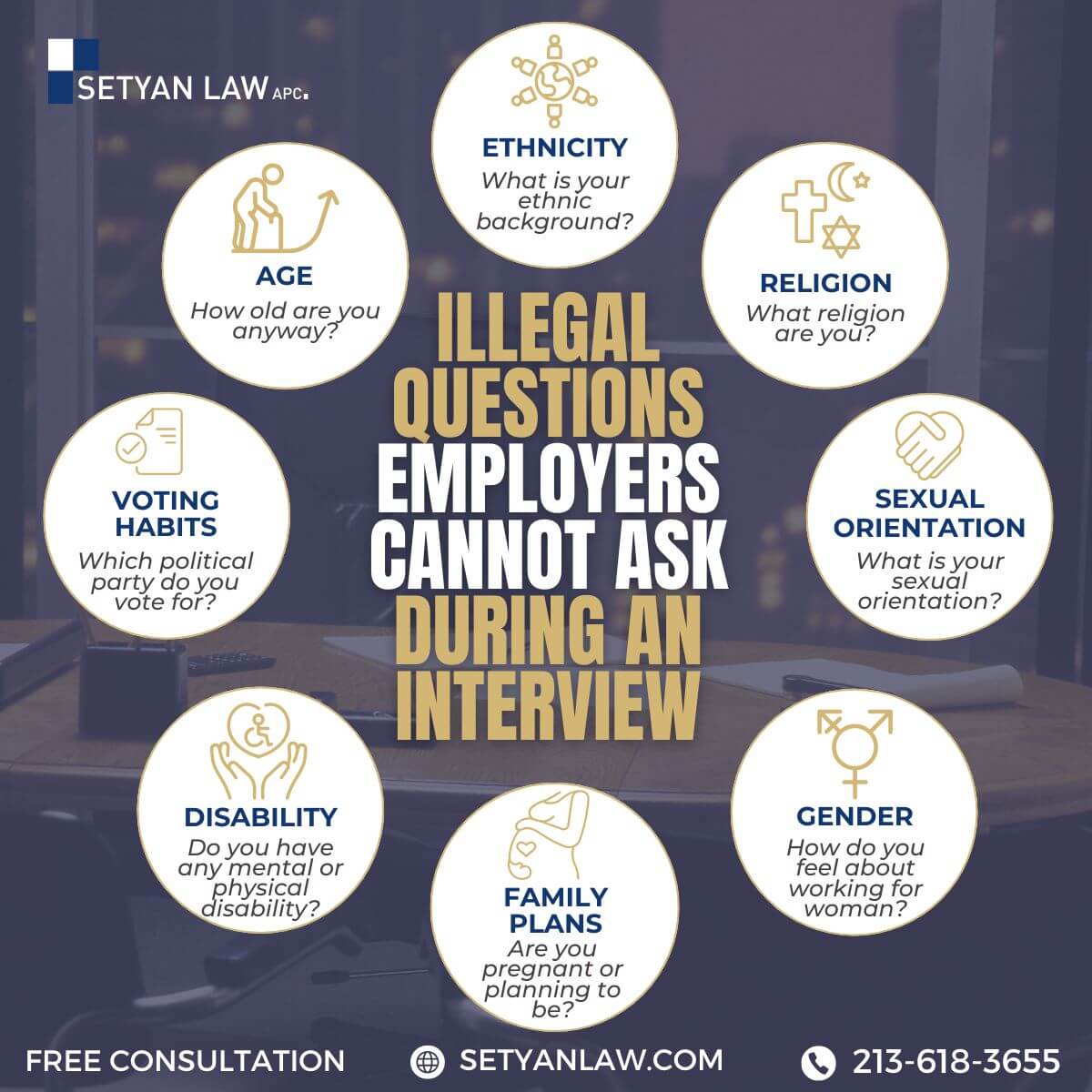Updated March 20, 2025
Understanding California’s Fair Chance Act
The "Ban the Box" law in California, officially known as the Fair Chance Act, is a significant piece of legislation designed to enhance employment opportunities for individuals with criminal histories.
This law aims to reduce barriers that often prevent formerly incarcerated individuals from securing jobs. By understanding the implications of this law, both employers and job seekers can navigate the hiring process more effectively.
Overview of the "Ban the Box" Law
California’s "Ban the Box" law was enacted to promote fair hiring practices by prohibiting employers from asking about an applicant’s criminal history on job applications. This initiative is particularly aimed at alleviating the stigma associated with criminal records, allowing candidates to be evaluated based on their qualifications rather than their past offenses.
Key Features of the Law
- Application Process: Employers with five or more employees cannot inquire about criminal history until a conditional job offer has been made.
- Individualized Assessment: Even after a job offer, employers must conduct a thorough review of any criminal history before making a final hiring decision.
- Protected Information: Employers are prohibited from considering arrests that did not lead to convictions, as well as any convictions that have been sealed, dismissed, or expunged.
Purpose of the Law
The primary objective of the "Ban the Box" law is to provide individuals with criminal records a fair chance at employment. By delaying inquiries into criminal history, the law encourages employers to focus on the applicant’s skills and qualifications rather than past mistakes.
Who is Affected by the "Ban the Box" Law?
The law applies to a wide range of employers across various sectors. Understanding who is covered by this law is crucial for both job seekers and employers.
Covered Employers
- Private and Public Employers: The law applies to both private and public sectors, specifically those with five or more employees.
- Temporary Employment Agencies: Staffing agencies and labor contractors are also included under this law.
Exemptions
While the law is comprehensive, there are specific exemptions. For instance, positions in law enforcement or those requiring a background check by law are not covered. It’s important for job seekers to be aware of these exceptions when applying for positions.
What Employers Can and Cannot Do
Understanding the limitations and obligations imposed on employers under the "Ban the Box" law is essential for compliance and fair hiring practices.
Before a Conditional Offer
- Prohibited Questions: Employers cannot ask about criminal history on job applications or during initial interviews.
- Focus on Qualifications: The emphasis should be on the applicant’s skills, experience, and qualifications.
After a Conditional Offer
Once a conditional job offer is made, employers may inquire about criminal history but must adhere to certain guidelines:
- Individualized Assessment: Employers must evaluate the relevance of the criminal history to the job in question, considering factors such as the nature of the offense and the time elapsed since the conviction.
- Written Notification: If an employer decides to rescind the job offer based on criminal history, they must provide written notice, including the reasons for the decision.
The Individualized Assessment Process
The individualized assessment is a critical component of the "Ban the Box" law. This process ensures that employers consider the context of an applicant’s criminal history before making hiring decisions.
Factors to Consider
- Nature and Gravity of the Offense: Employers should assess how the offense relates to the job responsibilities.
- Time Passed Since the Conviction: A significant amount of time since the offense may indicate rehabilitation.
- Job Relevance: The employer must determine whether the criminal history directly impacts the applicant’s ability to perform the job.
Importance of Fairness
This assessment process is designed to promote fairness in hiring practices. It allows employers to make informed decisions while also giving applicants the opportunity to demonstrate their qualifications beyond their past mistakes.
Rights of Job Seekers
Job seekers should be aware of their rights under the "Ban the Box" law. Understanding these rights empowers individuals to advocate for themselves during the hiring process.
Right to Fair Consideration
- No Discrimination: Job seekers have the right to be considered for employment based on their qualifications, not solely on their criminal history.
- Opportunity to Respond: If a job offer is rescinded due to criminal history, applicants have the right to respond and provide additional context or evidence of rehabilitation.
Filing a Complaint
If a job seeker believes their rights have been violated under the "Ban the Box" law, they can file a complaint with the California Civil Rights Department. This process ensures accountability and helps uphold the law’s intent.
Common Misconceptions
There are several misconceptions surrounding the "Ban the Box" law that can lead to confusion among both employers and job seekers.
Misconception 1: Employers Cannot Conduct Background Checks
While the law prohibits inquiries into criminal history before a conditional offer, it does not eliminate the ability to conduct background checks altogether. Employers can still perform these checks after extending a job offer, as long as they follow the individualized assessment process.
Misconception 2: All Criminal Histories are Disqualifying
Not all criminal histories disqualify an applicant from employment. The law emphasizes that employers must consider the relevance of the offense to the job and the time elapsed since the conviction.
The Impact of the "Ban the Box" Law
The implementation of the "Ban the Box" law has had a significant impact on employment practices across California, fostering a more inclusive workforce.
Benefits for Employers
- Diverse Talent Pool: By removing barriers, employers can access a wider range of talent and skills.
- Enhanced Reputation: Companies that adopt fair hiring practices can improve their public image and attract socially conscious consumers.
Benefits for Job Seekers
- Increased Opportunities: Individuals with criminal histories can secure employment, leading to greater economic stability and reduced recidivism rates.
- Empowerment: The law empowers job seekers to present their qualifications without the stigma of past offenses overshadowing their applications.
Conclusion
California’s "Ban the Box" law represents a significant step toward promoting fair employment practices and reducing discrimination against individuals with criminal records. By understanding the law’s provisions, both employers and job seekers can navigate the hiring process with greater confidence. This legislation not only opens doors for formerly incarcerated individuals but also enriches the workforce as a whole. As California continues to evolve its employment laws, staying informed is crucial for ensuring compliance and fostering a fair hiring environment.
Call Setyan Law at (213)-618-3655 to schedule a free consultation.






